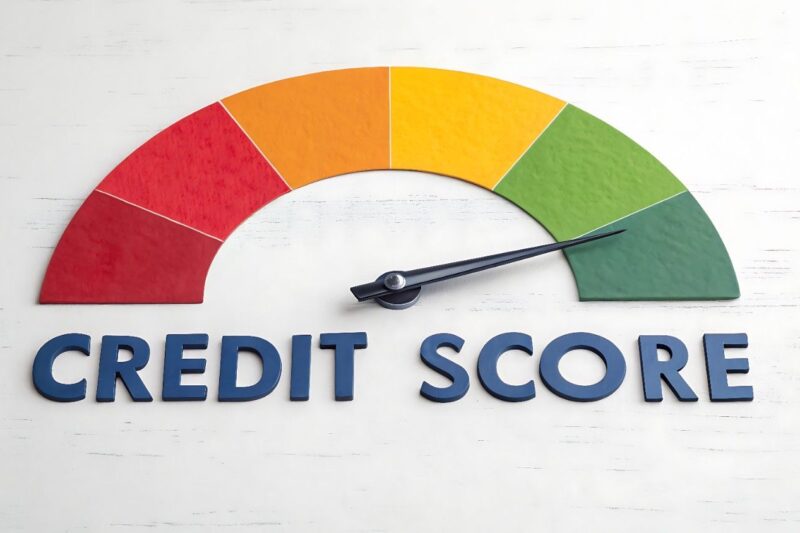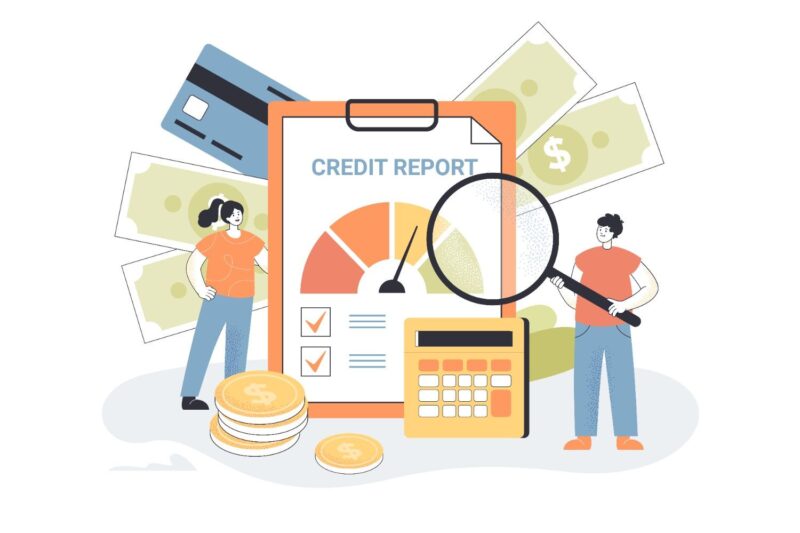You may believe that there isn’t much of a difference if you pay your credit card bill a few days late or miss one EMI. However, what is the truth? Your credit health can be slowly destroyed by a single mistake. Unknowingly, many people fall into this trap, making small but costly financial errors that lower their credit scores and, eventually, make it harder to obtain loans, credit cards, or favourable interest rates.
It’s time to examine the behaviours that are silently harming your finances, if you’ve ever wondered why your credit score decreased even though you’ve paid your bills on time. Let’s discuss the most typical financial mistakes you should avoid straight away to protect your credit score.
1. Ignoring Due Dates – The Most Common Financial Mistake
The most common financial mistake is missing due dates for payments. Your credit score is negatively affected by each late or missed credit card or loan payment, which appears in your CIBIL report.
Depending on how long the dues go unpaid, even one bill can reduce your score by 50 to 100 points. Regular delays give lenders the impression that you may not be a trustworthy creditor.
How to fix it?
- For bills and EMIs, set up auto-pay or set reminders.
- Before the due date, always make sure to pay at least the minimum amount payable on your credit card.
- Keep in mind that your ability to repay loans is shown in how well you manage your loan repayments.
2. Overspending and High Credit Utilisation
Excessive use of your available credit limit is a sign of poor money management. Maintaining a credit utilisation ratio below 30% is advised by experts.
Avoid spending more than ₹30,000 in a billing cycle, for example, if your credit card limit is ₹1,00,000. Excessive use gives lenders the impression that you depend on credit to get by, which is an additional serious financial error.
What can you do?
- If you have to spend more, divide your costs among several cards.
- Make an effort to pay off the entire amount due each month.
- If the amount you spend has actually gone up over time, ask for a higher limit.
In addition to maintaining your credit score, a low credit utilisation ratio shows that you are a responsible borrower.
3. Applying for Multiple Loans or Credit Cards at Once
Applying for multiple loans or cards at once may seem unimportant in the rush to get quick cash or advantages, but it’s not. Lenders perform what is known as a “hard inquiry” to get your CIBIL report each time you apply.
Too many hard enquiries make lenders concerned because they indicate financial difficulty or credit weakness. This small but important financial error can lower your credit score and negatively impact your chances of getting approved.
How to fix it?
- Use only as needed.
- Before submitting official applications, examine your options online.
- Don’t ask for credit again for at least six months.
4. Ignoring Old Credit Accounts
Old accounts are often closed after credit cards or loans are paid off. However, did you know that this is another financial mistake that can lower your score?
Lenders prefer longer credit histories, which are a result of older accounts. You seem more stable financially if your record is more consistent.
What to do in its place?
- Maintain empty older credit cards open.
- Don’t close accounts that improve your credit score.
- To keep them active, use them periodically and settle the balance in full.
5. Neglecting to Check Your Credit Report Regularly
Incorrect information on your CIBIL report can lower your score even if you have good money management skills. Due to errors in information or carelessness, fraudulent activity, unclosed loans, or mistakes in entry may surface. A silent financial error that could cost you future opportunities is failing to check your report. So,
- Every three to six months, review your CIBIL report.
- Any errors should be reported immediately.
- After differences, keep an eye on updates to make sure corrections are made.
6. Taking on Too Much Debt at Once
People sometimes take out several loans, such as credit cards, vehicle loans, and personal loans, without understanding how they affect their ability to repay them. Your debt-to-income ratio becomes unsafe when you borrow too much, which causes worries for lenders.
This financial error increases stress and credit dependence in addition to affecting the consistency of your loan repayments.
How to stay away from it?
- Concentrate on paying off current debts before taking on new ones.
- If at all possible, combine loans to make management easier.
- Make sure all of your repayments are comfortable by calculating your monthly income.
7. Ignoring Your Credit Mix
Secured loans, such as home or vehicle loans, and unsecured credit, such as credit cards or personal loans, are both components of a well-balanced credit history. A more dangerous profile is produced by depending too much on one kind of credit, especially unsecured credit.
Although it is frequently ignored, this small financial error has a major effect on how lenders view your financial behaviour.
How to resolve it?
- Keep your credit mix varied.
- Don’t rely completely on credit cards to meet your needs.
- Make responsible plans for long-term secured loans.

8. Disregarding Credit Card Rewards and Offers Wisely
Knowing that frequent transfers or minimum payments lead to poor credit habits, people occasionally take advantage of reward offers or balance transfers. Easy access becomes a debt trap. This kind of financial error affects how lenders evaluate your spending discipline, in addition to putting pressure on your budget.
Avoid switching between credit cards for short-term gains and only use rewards when they actually help you.
Conclusion
The simplest method to preserve the health of your credit is to avoid financial errors. Maintain a balanced credit history, pay attention to your CIBIL report, and make loan repayments on time. Stronger financial opportunities can be secured tomorrow with small, intelligent steps taken today.




